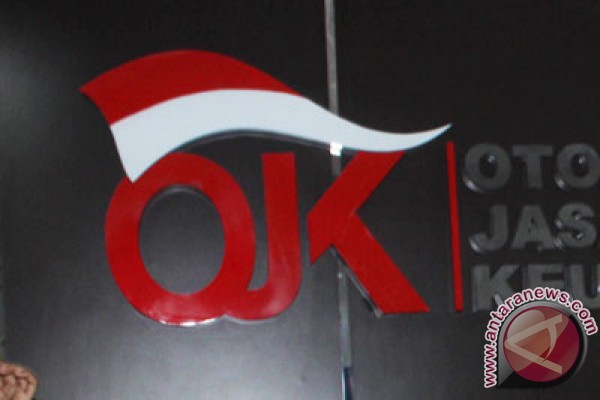02 Aug 2016

The facilitation is achieved after the signing of a bilateral agreement between Indonesia and Malaysia within the framework of ASEAN Banking Integration Framework (ABIF), which is planned to be held in Jakarta, this afternoon.
"Indonesian Banking will be treated equally as domestic bank (in Malaysia) not as a foreign bank (foreign bank) anymore," he said.
The equal treatment is in accordance with the principle of cooperation in ABIF, which is reciprocal and the principle of fairness to reduce inequality. ABIF is a derivative framework of ASEAN Framework Agreement on Services Financial Services Liberalization (AFAS-FSL).
In accordance with the ABIF framework, Mulya continued, banks in Indonesia that will be allowed to establish a banking company in Malaysia are banks included in the "Qualified ASEAN Bank" (QAB) category.
He explained that, in accordance with the agreement between Indonesia and Malaysia, the QAB category is a bank that has strong capital, a bank that implements good corporate governance (GCG), and a bank whose assets are controlled by domestic participants.
"With such requirement, the most feasible is Commercial Bank Business Activities (BUKU) IV," he said.
Bank included in BUKU IV is a bank that has a core capital of more than Rp30 trillion.
Currently, there are only four banks in Indonesia that are included in BUKU IV, namely Bank Mandiri, Bank Negara Indonesia (BNI), Bank Rakyat Indonesia (BRI), and Bank Central Asia (BCA).
Mulya ensured that three banks, namely Mandiri, BRI, and BNI, have expressed their interest to expand to Malaysia.
"Only BCA is not interested," he said.
However, the establishment of a company by the three banks depends on the readiness of each bank. The reason is, the three banks will not only establish a branch office, but also a subsidiary company in Malaysia.
With this ABIF framework agreement, the costs charged to Indonesian banking will also be cheaper. The capital requirement charged remains at 300 million Malaysian Ringgit.
However, said Mulya, the administration fee for Indonesian banks will be reduced from 10.4 million Ringgit to 5.2 million Ringgit.
Then, the cost in the payment system such as Automated Teller Machine (ATM) that is collected is reduced from 4 Ringgit per transaction to 1-2 Ringgit per transaction.
However, for annual contributions, the costs charged will be more expensive than Malaysian domestic banks, which is 144 thousand Ringgit compared to 42 thousand Ringgit.
According to Mulya, this must be understood because Indonesian banking will later only enjoy the banking infrastructure that has been built by Malaysia.
The negotiation for cooperation between Indonesia and Malaysia within the ABIF framework has taken six years since 2011.
In fact, for a long time, two Malaysian banking giants, namely Maybank and CIMB Niaga, have expanded the Indonesian market, which is the largest market in ASEAN.
Meanwhile, Indonesian banking is often complicated and charged with high costs if they want to expand their business to Malaysia.
"Malaysias provisions differentiate which are foreign banks and which are domestic banks. Therefore, we seek ABIF so that reciprocity will occur," he said.
Editor: Ruslan Burhani
http://www.antaranews.com/berita/576247/malaysia-akan-ringankan-biaya-ekspansi-perbankan-indonesia

Jl. Cut Meutia NO. 11, RT. 13, RW. 05, Cikini, Menteng, Kota Jakarta Pusat, DKI Jakarta. Kode Pos. 10330
(021)3106685, (021)3907554 (Hunting)
PT. Kharisma Pemasaran Bersama Nusantara
© Inacom. All Rights Reserved.